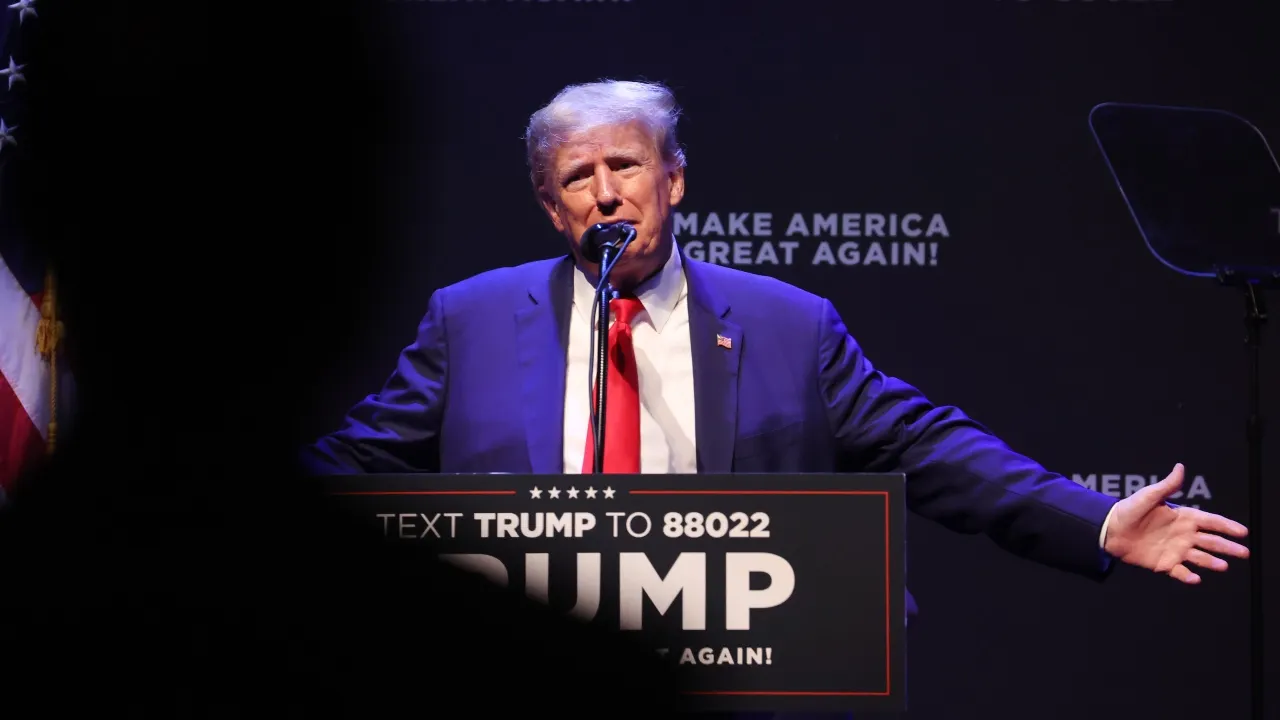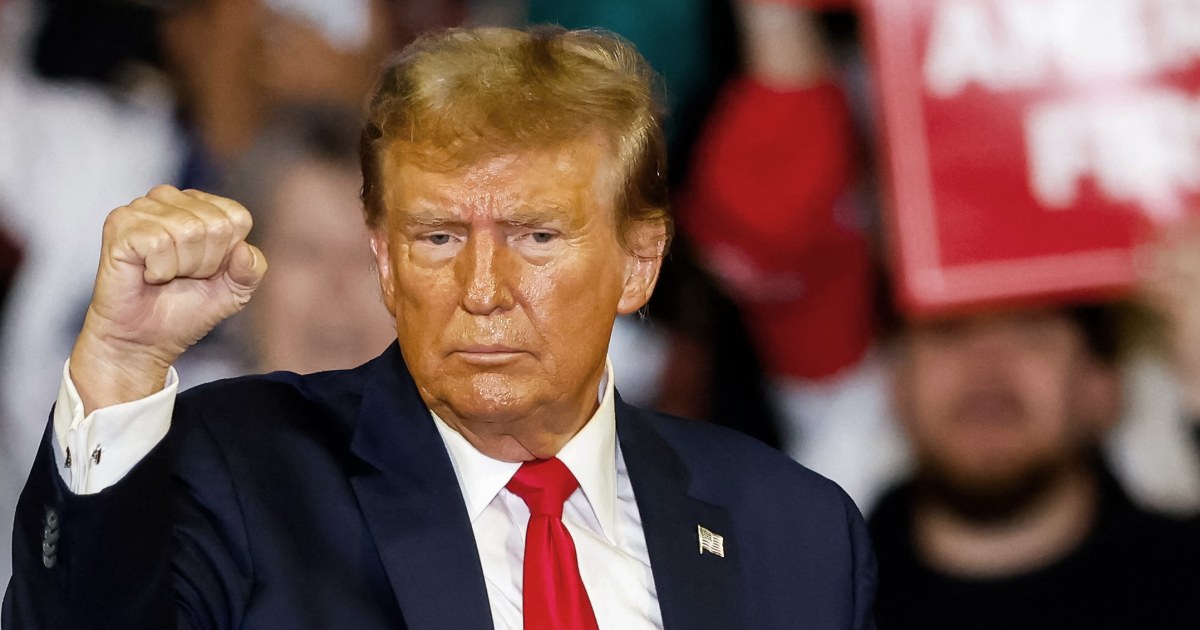Unfortunately this is exactly what Trump compares it to in his limited view of the world.
And that's how it works around the world. Post WW 2 the US, having come in slowly in two world wars decided that it needed to be the policeman of the world. I don't know how many of you remember the Domino Theory, but it pretty much ran American foreign policy vis a vis the Communist block for many decades. We are seeing the same thing with both of Russia and China - one using force the other economic pressure.
Completely agree . . . but . . . collective defence has been the post-WW2 standard by which the Soviets were held at bay. It has been the bulwark of both the US and Canada which has the advantage of being virtually surrounded by seas. But when the terrorists punched through in 2001 NATO reacted in bulk to support the USA militarily - something the morons who advise Trump never seem to explain to him.
I agree in large measure with this but consider our own financial contribution to defence both hypocritical and short sighted.
We have agreed to 2% but the current leadership has flat out said we never will reach that goal. That's hypocrisy and results in a national reputation that's in tatters. That cascades into all manner of diplomatic relationships which are built on trust and mutual benefit.
It's also short sighted. Canada's defence does depend on deterrence. Canada is a large country with a humungous shoreline and a continuing supply of raw materials which someone at some time will covet and take steps to lay claim to. Deterrence through a strong alliance prevents that. An alliance, however, will only work if everyone contributes. At this point in time, once again, that means deploying forces to Europe. I think the spending is quite skewed. Our navy and air forces are primarily a domestic defence force and only incidentally (to the extent that we decide) a collective defence force. On the other hand, the army's highest and best use is forward defence in Europe and should primarily be tuned to that like it was seventy to forty years ago and secondly to defence in the homeland.
Personally I think we should spend at least 2% but should also strive to do much better with the very large amounts of money the government already steers to DND. That 2% can easily be diverted back to Canadian workers and industries if properly managed. Those are problems that DND, and the government in general, can and should fix.






